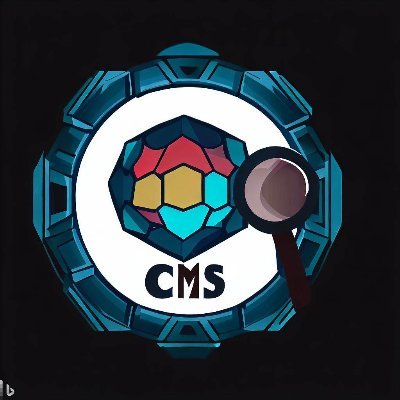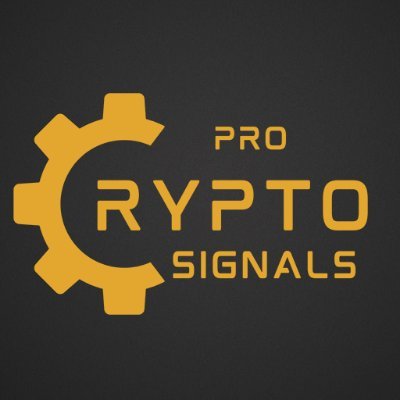Precio de Yield Guild Games
en EUR

Sobre Yield Guild Games

Aviso
OKX no proporciona recomendaciones de inversión o de activos. Debes considerar cuidadosamente si el trading o el holding de activos digitales es adecuado para ti a la luz de tu situación financiera. Consulta a tu asesor legal/fiscal/profesional de inversiones para preguntas sobre tus circunstancias específicas. Para obtener más información, consulta nuestros Términos de uso y Advertencia de riesgo Al usar el sitio web de terceros ("Sitio web de terceros" o "TWP"), aceptas que el uso del TWP estará sujeto a los términos de TWP. Salvo que se indique expresamente por escrito, OKX y sus afiliados ("OKX") no están asociados de ninguna manera con el propietario u operador del TPW. Aceptas que OKX no es responsable de ninguna pérdida, daño ni cualquier otra consecuencia generada por tu uso del TPW. Ten en cuenta que usar un TWP puede generar una pérdida o reducción de tus activos. El producto puede no estar disponible en todas las jurisdicciones.
Rendimiento del precio de Yield Guild Games
Yield Guild Games en las redes sociales


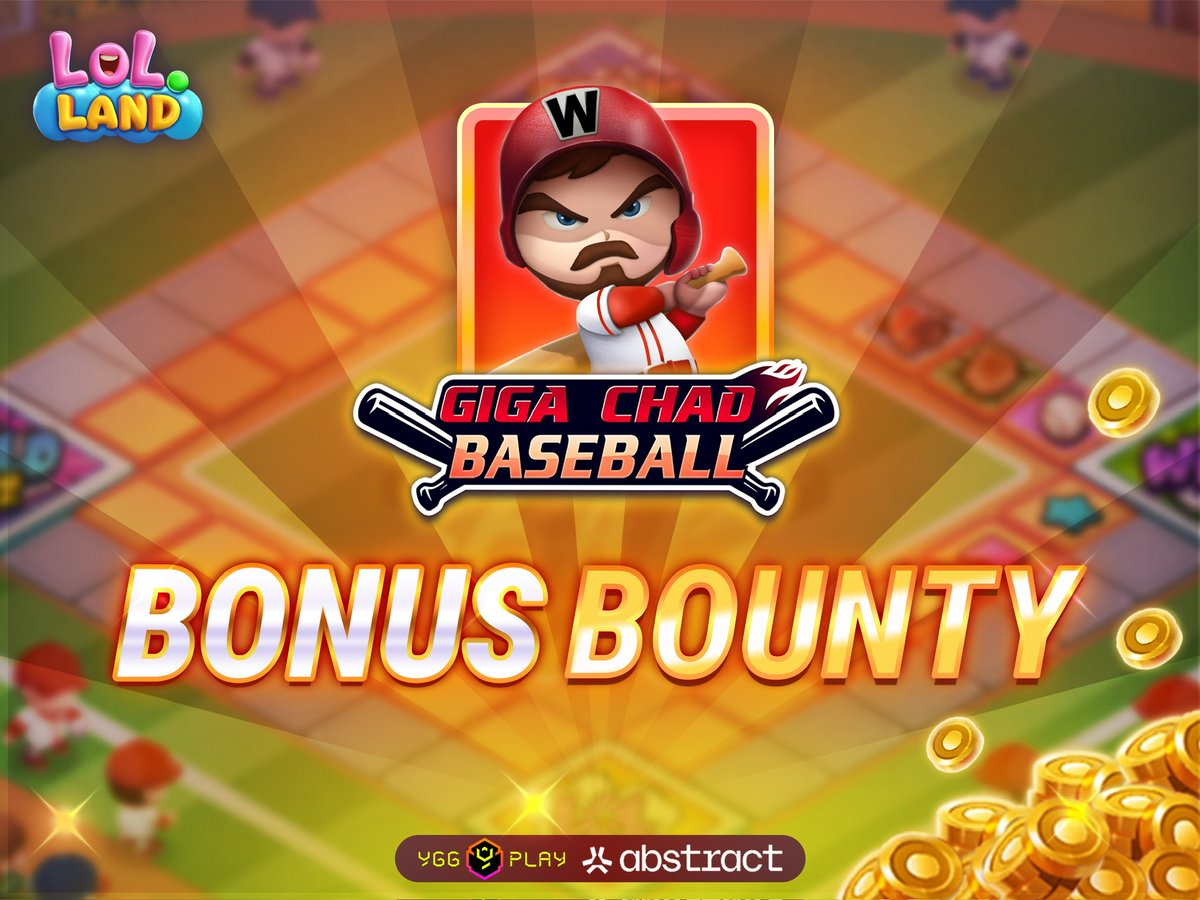
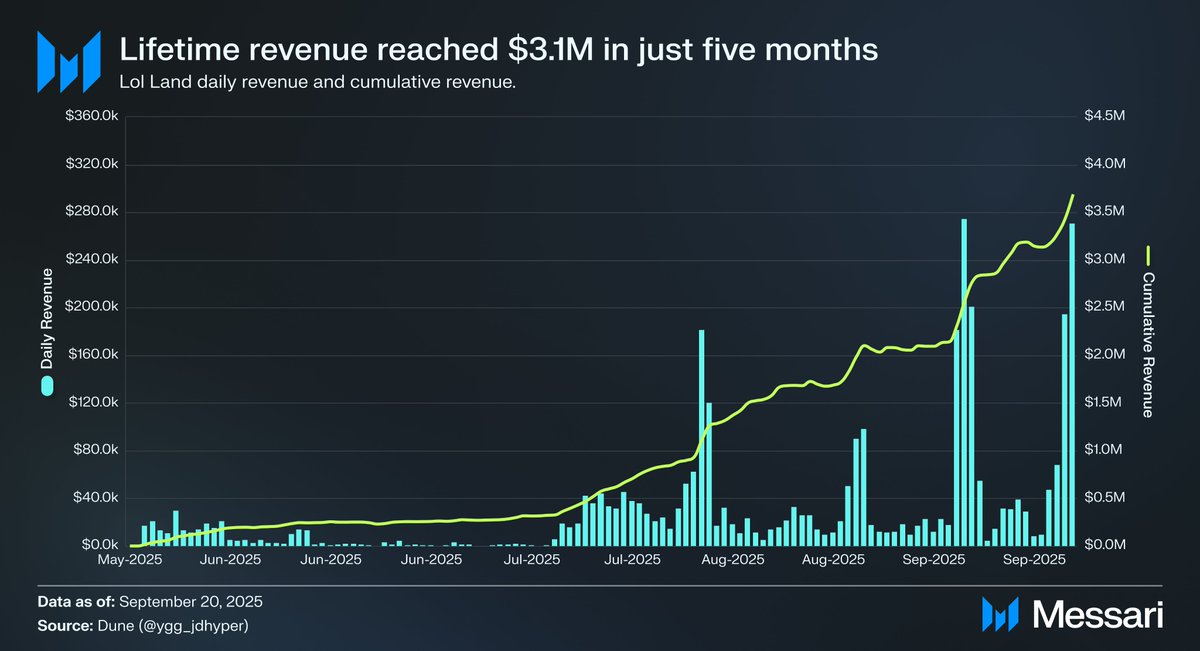

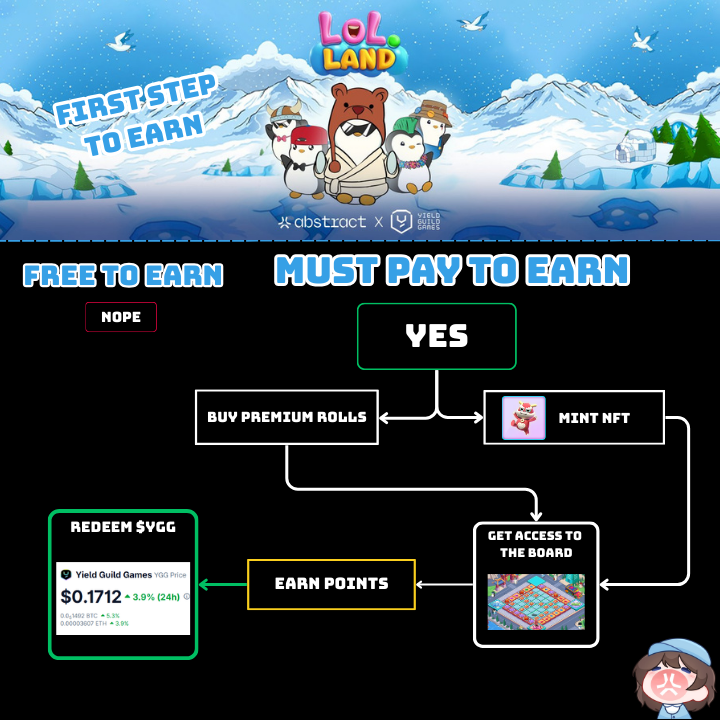
Guía

Crea una cuenta de OKX gratis.
Añade fondos a tu cuenta.
Elige tus criptos.
Preguntas frecuentes sobre Yield Guild Games
Los jugadores que forman parte del gremio de Yield Guild Games se benefician del acceso a valiosos activos del juego sin necesidad de realizar un pago inicial significativo. Pueden obtener recompensas en el juego y beneficios de los activos que utilicen, creando una situación beneficiosa tanto para Yield Guild Games como para sus miembros. Además, YGG se expande continuamente a nuevos mercados de juego y desarrolla productos y servicios innovadores para ayudar a los jugadores a ganar aún más dinero. Algunos ejemplos son las plataformas de cultivo de rendimientos y las herramientas de gestión de gremios.
Los jugadores pueden participar en Yield Guild Games formando parte de su red de SubDAO, prestando sus NFT para que otros puedan acceder a los juegos "jugar para ganar" (P2E) y obtener recompensas. Al poner en común recursos y conocimientos, Yield Guild Games ofrece oportunidades a los jugadores para generar ingresos y participar en la creciente economía metaversa, creando nuevas vías para la capacitación económica y la inclusión financiera.
Compra fácilmente tokens YGG en la plataforma de criptomonedas OKX. Los pares de trading disponibles en el terminal de trading al contado OKX son YGG/USDT y YGG/USDC.
También puedes comprar YGG con más de 99 monedas fiat seleccionando la opción "Compra Express". También están disponibles otros tokens criptográficos populares, como Bitcoin (BTC), Ethereum (ETH), Tether (USDT) y USD Coin (USDC).
Además, puedes cambiar tus criptomonedas actuales, como XRP (XRP), Cardano (ADA), Solana (SOL) y Chainlink (LINK), por YGG sin comisiones y sin deslizamiento de precios utilizando OKX Convert.
Para ver los precios estimados de conversión en tiempo real entre monedas fiat, como el USD, EUR, GBP y otras, a YGG, visita la Calculadora del Criptoconversor de OKX. El criptointercambio de alta liquidez de OKX garantiza los mejores precios para tus compras de criptomonedas.
Descubre más sobre Yield Guild Games
Yield Guild Games (YGG) es un actor notable en el sector GameFi, sobre todo en el espacio play-to-earn (P2E). La plataforma ha ganado prominencia colaborando con los mejores juegos y contando con destacadas personalidades de GameFi en su equipo.
Yield Guild Games funciona como una organización autónoma descentralizada (DAO), que utiliza la tecnología blockchain para permitir a los usuarios obtener ingresos jugando y participando en juegos basados en blockchain. Un elemento central del ecosistema es el token YGG, que es esencial para las operaciones y la gobernanza de la plataforma.
¿Qué es Yield Guild Games?
Yield Guild Games (YGG) es una DAO que apoya los juegos basados en blockchain utilizando tokens no fungibles (NFT). La visión de la organización gira en torno al fomento de una comunidad de jugadores que puedan ganarse la vida mientras disfrutan de su tiempo en estos metaversos. La fuerza de Yield Guild Games reside en su capacidad para proporcionar a los jugadores recursos esenciales para iniciar su viaje P2E, eliminando las barreras financieras iniciales que muchos encuentran.
El equipo de Yield Guild Games
El equipo de Yield Guild Games está dirigido por sus cofundadores, Gabby Dizon, Beryl Chavez Li y el usuario de Twitter Owl of Moistness. Cada cofundador aporta una mezcla distinta de experiencias y habilidades, que abarcan el desarrollo de juegos, la tecnología blockchain, la creación de comunidades y la experiencia en capital riesgo.
¿Cómo funciona Yield Guild Games?
Yield Guild Games (YGG) se compone de múltiples SubDAO, que son grupos de jugadores de juegos NFT específicos. Cada SubDAO tiene su propio conjunto de reglas para gestionar los activos de su respectivo juego play-to-earn (P2E). Este modelo permite a los jugadores de cada DAO alquilar sus NFT para que otros puedan acceder a los juegos P2E y ganar recompensas. A cambio, los que prestan sus NFT obtienen una parte de las ganancias, creando un acuerdo mutuamente beneficioso. Todos los NFT y activos digitales de la plataforma YGG se almacenan en la tesorería de YGG, que controla la comunidad.
El token nativo de Yield Guild Games: YGG
YGG es el token de gobierno de la DAO, que permite a sus titulares votar sobre diversas propuestas relativas a las operaciones del gremio. El token también se utiliza para recompensar a jugadores y colaboradores, lo que lo convierte en una parte integral del ecosistema de YGG.
Tokenomics de YGG
YGG funciona con un modelo de token ERC-20 basado en Ethereum. El uso principal del token es la gobernanza y las recompensas dentro de la comunidad YGG. Tiene un suministro máximo de 1.000 millones de tokens, con el objetivo de distribuirlos gradualmente a lo largo del tiempo para mantener una economía sana y sostenible dentro del ecosistema.
Casos de uso del YGG
Los poseedores del token YGG pueden participar en el proceso de toma de decisiones del ecosistema Yield Guild Games, votando diversas propuestas, incluidas decisiones estratégicas y adquisiciones de activos. El token YGG también sirve como mecanismo de recompensa dentro de Yield Guild Games. Los jugadores que contribuyen al ecosistema jugando, completando tareas o participando en actividades de la comunidad pueden ganar tokens YGG.
Distribución de YGG
YGG se distribuye de la siguiente manera:
- 45 % a la comunidad
- 15 % a los fundadores de YGG
- 24,92 % a los inversores del proyecto
- 1,75 % a los asesores
- 13,33 % a la tesorería
Planes de expansión futura de Yield Guild Games
Yield Guild Games tiene planes ambiciosos para ampliar su presencia y asumir un papel de liderazgo en los mercados de juego emergentes, incluidos los metaversos más nuevos. Para aumentar las oportunidades de ganancias de los jugadores, Yield Guild Games está desarrollando activamente nuevos productos y servicios. Por ejemplo, se está trabajando en una plataforma de yield farming, que permitirá a los jugadores ganar intereses por sus activos de juego. Además, Yield Guild Games está creando una plataforma de gestión de gremios para facilitar la gestión eficaz de activos y operaciones de los gremios.
Declaración de GEI


